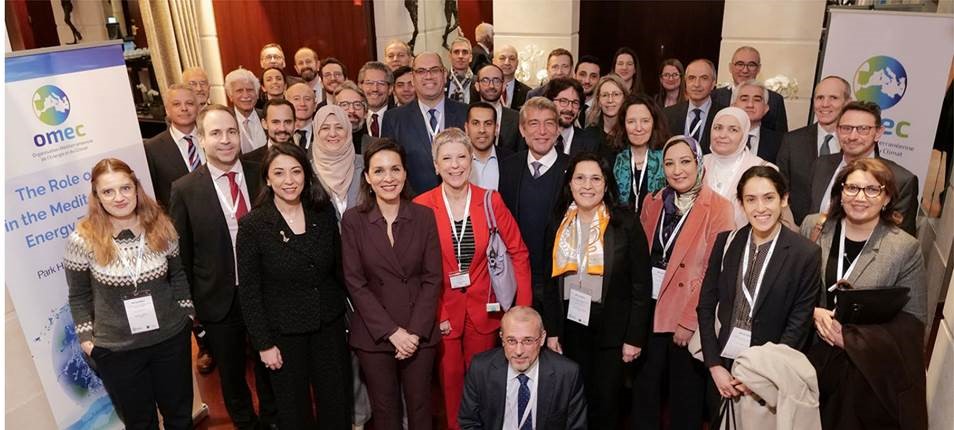UfM Gas Platform meeting: the role of gas in the Mediterranean clean energy transition

Although the shift from fossil fuels to renewable energy is unavoidable, an ecological transition also necessitates a curbing of demand through significant energy savings and better energy efficiency. OMEC’s Mediterranean Energy Perspectives report underlined the anticipated boom in the Southern Mediterranean’s population and GDP by 2050, which will result in a projected 30% increase in the energy demand across the Mediterranean by that time. Against the backdrop of climate change and the urgent need to reduce the current energy demand in the region by at least 20% (or, if the current demand continues, 37%) by 2050 to meet net-zero targets, it is essential to see the demand for oil and coal to be drastically reduced, and for gas to decrease by half. In any scenario, there is unanimous agreement that natural gas will continue to act as a reliable back-up to renewable energy and as a necessary fuel for high-temperature industrial processes, while also providing necessary revenue streams.
New resources and technologies will play an important role in the region’s energy transition. Europe’s burgeoning biomethane and biogas production has the potential to reduce CO2 emissions in an affordable and scalable way, and to reduce dependency on natural gas from third countries, particularly when we look beyond Germany and France to the potential of available abandoned and non-fertile land across the wider Mediterranean. Projecting further forward, hydrogen is expected to be an important element in the decarbonised energy mix of the future, representing an exciting opportunity for pioneering countries like Egypt and Morocco. While experts remain divided on the achievability of the EU’s ambitious target to produce ten million tons of hydrogen and to import the same quantity by 2030, they agree that the industry needs a common regulatory framework to facilitate bi-lateral partnerships, and a significant scale-up of existing production infrastructure and financing to see prices come down.
Regional cooperation was a recurring theme of the discussions. OMEC Chairman Lapo Pistelli praised the Southern Mediterranean’s growing autonomy in carving its own future independently of Europe, while encouraging the sentiment of friendship in regional partnerships that will be essential for attracting the trillions of dollars of investment needed to ensure a just and orderly energy transition. Net-zero targets can only be achieved through a holistic view of energy systems, and strategic and regulatory synergy across the Mediterranean.
